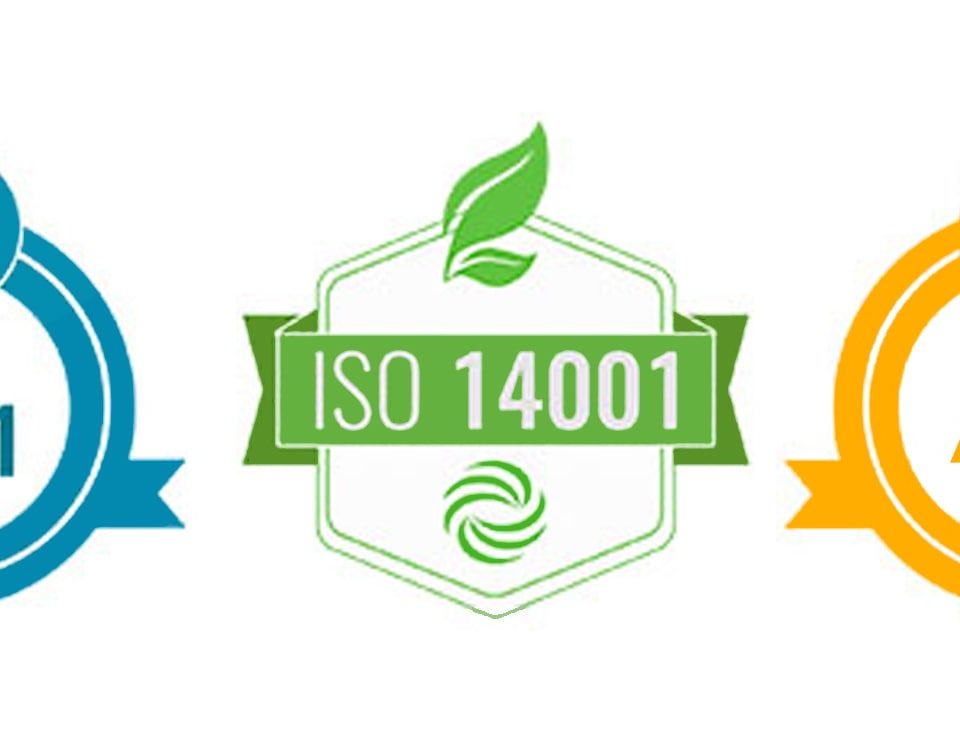How difficult is it to become a translator?
Self-Assessment On Corona Virus Risk Assessment Index
24th August 2025Translation memory
30th August 2025Becoming a translator isn’t hard to start, but becoming a good and successful translator takes serious effort, skill, and consistency.
Here’s a breakdown to help you understand how difficult (or not) it is, depending on what you’re aiming for:
⚖️ How Hard Is It, Really?
🔹 Easy to Start
-
You can begin translating informally if you’re bilingual.
-
No license or degree is legally required in most countries.
-
Entry-level freelance gigs (like small translations or personal projects) are accessible.
BUT:
🔹 Hard to Master
Professional-level translation requires:
-
Near-native fluency in both languages
-
Deep cultural understanding
-
Strong writing skills in the target language
-
Specialization (legal, medical, business, travel, etc.)
-
Mastery of tone, nuance, and context
📉 What Makes It Challenging?
| Challenge | Why it’s tough |
|---|---|
| Language Depth | You must understand idioms, slang, formality levels, regional variations |
| Accuracy vs. Flow | A literal translation isn’t always a good one—you must balance precision and naturalness |
| Subject Knowledge | Specialized texts (legal, medical, etc.) require industry knowledge |
| Clients Expect Fast Turnaround | You’re often under time pressure |
| Freelance Competition | The market is global and competitive, especially for common languages |
| Tools & Tech | Learning CAT tools (e.g. Trados, MemoQ) adds complexity but boosts credibility |
📈 What Makes It Easier?
-
You’re already fluent in both languages (English and Vietnamese).
-
You’re focusing on a niche (travel translation), which makes it easier to stand out.
-
You want to freelance, so you can start small and grow your reputation.
💡 Pro Tips to Make It Less Difficult
-
Practice by translating blog posts, menus, or travel brochures.
-
Join translator forums (like ProZ.com) to learn from others.
-
Use translation memory tools early on—they save time and ensure consistency.
-
Get feedback from native speakers of both languages.
-
Improve your writing in the target language (translation is 90% writing skill).
🎯 Bottom Line
| Goal | Difficulty Level | Why? |
|---|---|---|
| Casual/freelance travel translation | ⭐⭐☆☆☆ | Requires good language skills, but you can start without credentials |
| Professional, full-time translator | ⭐⭐⭐⭐☆ | Needs high-level skills, tools, consistency, and client-building |
| Certified legal/medical translator | ⭐⭐⭐⭐⭐ | Requires testing, experience, and deep subject expertise |
If you’re serious about it and willing to practice and learn, you can absolutely succeed—especially in a niche like English ⇄ Vietnamese travel translation.
Would you like a practice exercise or a sample travel text to try translating? I can give feedback if you’d like.


